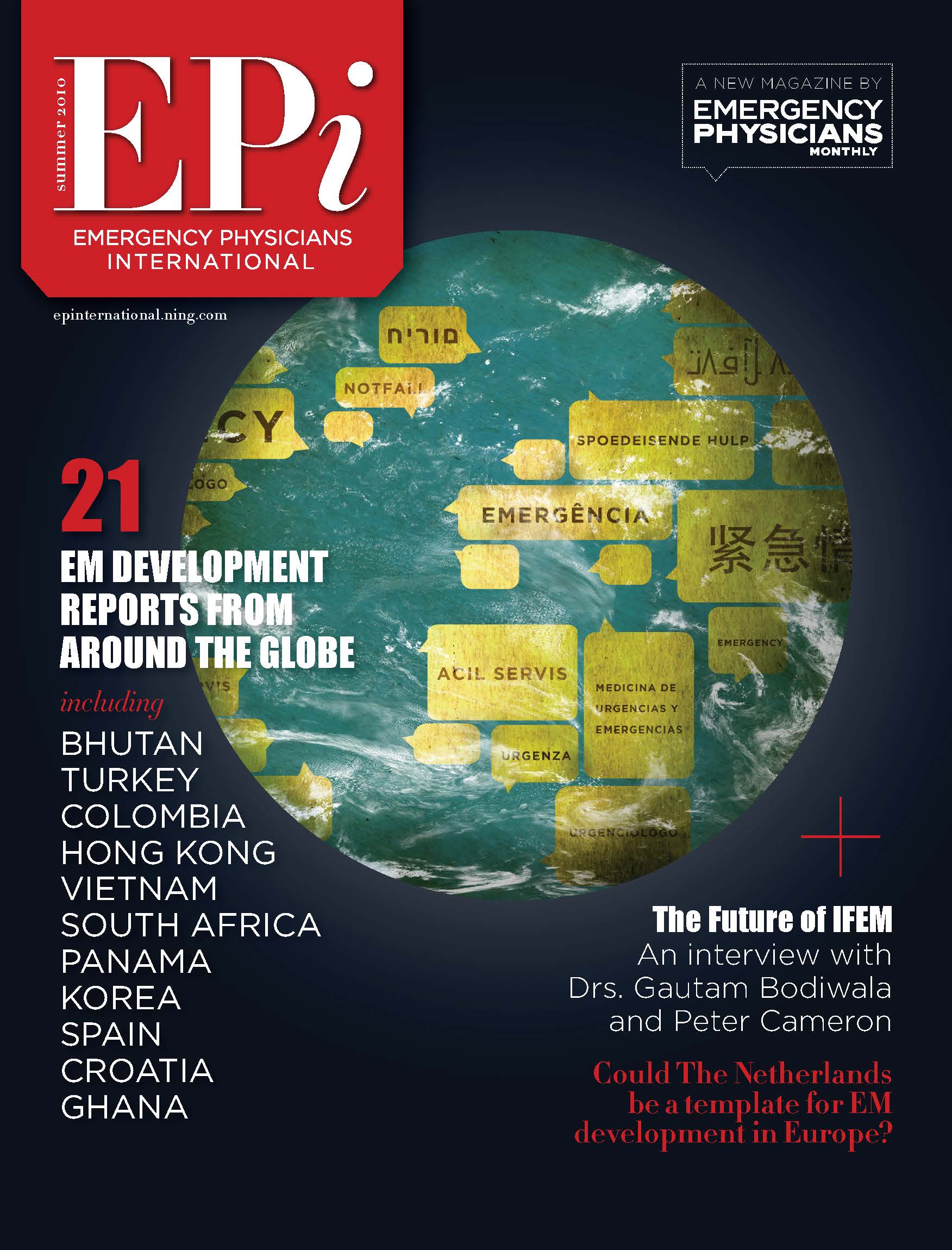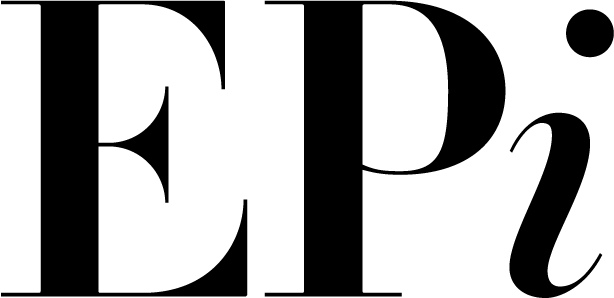Next Generation: The Lebanese Experience
Let me tell you about my experiences as a medical student in Lebanon, in times unlike any others we have seen. Beyond the traditional stress of medical school, we, as Lebanese students, have to endure an unprecedented collection of challenges. Amidst a pandemic, a total economic collapse, skyrocketing inflation rates, and the roaring Beirut blast, we stand before our duties and keep moving. Despite it all, our hearts still beat for the calling of medicine we chose.
My name is Mahmoud Mahdi. I am a third-year medical student at the Lebanese American University school of medicine. Three years ago, I graduated from Earlham College in Indiana and returned home. Flashbacks to the day I received my medical school acceptance letter remind me of the mixed feelings. I was excited to have a foot in the door but nervous, not knowing I had what it takes to survive medical school. It would be at least a few months before the realization hit that the journey would not get any easier. It was a matter of time before I built a tougher skin and got used to functioning under stress. To say the least, it has already been a transforming journey.
Growing up, I enjoyed dissembling my toy cars and putting them back together. Everyone around me thought I was the family's future engineer. However, as I grew older and watched my extended family members die one after the other to strange diseases I knew nothing about back then, it planted a seed of curiosity in me. I had plenty of questions that I carried with me to the books and lectures, where I found the answers. My uncle would lose both his kidneys and require a new one. A few years later, he would pass away. Why did he need a new one, I wondered, and what was this "round ball" on his forearm? Now I know he had an end-stage renal disease that was treated with hemodialysis. The ball on his hand was an arteriovenous shunt done for the sake of his dialysis. And that his death was the result of his failing new kidney that flooded his body with toxins. My other uncle would pass away while I was abroad. For years he would suffer from a medical error that struck his lower limb nerves during a CABG. He would survive the first MI, but his frail body would be too weak and succumb to the second. Back then, I wondered why doctors had to cut his leg open for a heart surgery, but now it's clear to me that the great saphenous do come in handy in the coronary artery bypass graft surgeries. Seeing my close relatives suffer one after the other, I had to seek the language they sought to alleviate their suffering. I wanted to be the person whose reassurance mattered the most to them, my dear family.
I have chosen to be a life-long student, learn the intricate pathophysiologies of the human body, and carefully monitor how it functions to be the person who intervenes when something goes wrong. I will adhere to what I will swear for in my graduation soon as I hold the Hippocratic oath dear and near to my heart throughout my career. However, the career I see for myself goes beyond my job description boundaries as a physician. I want to mentor aspiring physicians, especially those from underserved areas and low-income families, for I have lived through the obstacles they will face en route. I want to be the one telling them to keep moving despite the disparaging voices in their heads. My position will allow me to financially support a handful of students as I know very well how bitter it is when motivation is met with financial burdens.
Towards the end of my second year, I was before a wave of challenges that kept me on my tiptoes. Coronavirus spread, and I was homebound. The economy collapsed, and inflation rates reached 260%. The Beirut blast broke my heart in an unprecedented way. At this point, the weight on my shoulders was heavy, and I was reconsidering my choice to return home back in 2018. Was this the price I was supposed to pay for medicine? Why did I have to witness my country in its worst shape?
The pandemic hit hard. It paralyzed the entire world. As medical students, we had to adapt to the online learning tools installed; it was indeed challenging. Where I live, we have a daily 10-hour electricity outage. During my lucky times when the electricity was on, I had to keep my fingers crossed that my internet connection would not let me down once again. I was confined in an apartment with four other family members. I had to keep up with my online classes while I studied for my STEP1 exam. I had to give up my daily gym visits, late-night walks, or random hangouts with friends. The de-stressing techniques I relied on were stripped from me. I had to find alternative coping mechanisms. That's when I started working out at my parent's apartment; the forty-pounds water gallons were my new dumbbells. And my getaways with friends turned into group video chats whenever time permitted. Amidst the harsh and unusual circumstances, we, as a class, managed to pass our exams and officially moved on to the next year, where the challenges persist in different forms.
As a county, while we were gathering our strengths to fight this pandemic, our economy was seeing its worst days in history. Inflation rates reached 260%, local banks upheld all the savings in foreign currencies and put restrictive measures on withdrawals, and the local currency was at a sharp downhill fall. It was a brutal reality we were forced to live in. We, students, yet again, were before a roadblock that threatened our education. We could not use our own money in the bank to pay for any foreign board exams we wished to take. We were forced to buy dollars in the black market at a high rate to pay for such expenses. As a consequence of this economic collapse, as of 2021, a number of universities in Lebanon decided to increase their tuition by 160% to spare their institutions from further financial deteriorations, which put a heavy burden on our shoulders. The exorbitant tuition fees might force some of us to take a gap year or two, but even this will not stop us from getting our degrees.
On August 4th at 6 pm, Beirut was hit by a massive blast that left behind hundreds dead, thousands wounded, and tens of thousands on the street. Few minutes after the explosion, hospitals in the city started flooding with thousands of wounded people. With the hospitals functioning under disaster code, we took the initiative to jump in and assist in any way possible. Some of us aided in triaging, others cleaned and sutured open wounds, and the rest were on the streets guiding people who were covered with debris and blood into the hospital. We were on site for 6 hours straight. The city was covered with shattered glass and broken cement. Watching my city destroyed ached my heart, but being at the frontline to help brought some peace to me.
If you ever wonder what it’s like being a medical student in Lebanon, I hope I’ve answered you. It is the sweat, blood, and tears, and mix of ups and downs that pave the way to a degree in medicine. It is an unpredictable country indeed, but we as students have surely been successful at coping with all the stresses we faced and will face.







